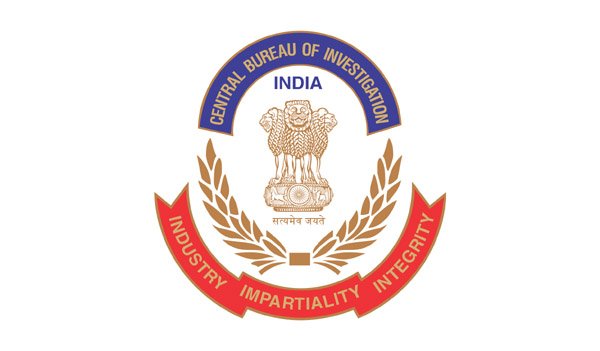New Delhi, Aug 4 (UNI) Prime Minister Narendra Modi is set to inaugurate the newly constructed, state-of-the-art, eco-friendly Kartavya Bhavan here on August 6, official sources said today..
Spanning approximately 1.5 lakh square metres, the seven-storey Kartavya Bhavan – 03 will accommodate the Ministries of Home Affairs, External Affairs, Rural Development, MSME, Department of Personnel and Training (DoPT), Petroleum & Natural Gas, and the office of the Principal Scientific Adviser (PSA) on Kartavya Path.
As the inaugural structure among several upcoming Common Central Secretariat buildings under the ambitious Central Vista redevelopment project, Kartavya Bhavan aims to centralise ministries under one roof, thereby streamlining administrative workflows and fostering agile governance, according to the official statement.
At present, a number of ministries function from ageing edifices such as Shastri Bhawan, Krishi Bhawan, Udyog Bhawan, and Nirman Bhawan, several of which were constructed during the mid-20th century and are now structurally deficient. The newly commissioned Kartavya Bhavan is designed to address these challenges by reducing maintenance cost, enhancing operational efficiency, and improving employee well-being.
Aligned with the government’s comprehensive administrative reform agenda, the cutting-edge complex features IT-enabled secure workspaces, ID card-based access controls, integrated electronic surveillance, and a centralised command and control system. The building has been conceived to meet the prestigious GRIHA-4 green building certification, as per the statement.
Among its sustainable attributes are double-glazed façades, rooftop solar panels expected to generate over 5.34 lakh units of electricity annually, solar water heating systems, advanced HVAC (heating, ventilation, and air conditioning) technologies, and rainwater harvesting mechanisms. Kartavya Bhavan is designed to function as a zero-discharge campus by treating and recycling wastewater to satisfy the majority of its water requirements.
Additional sustainability initiatives include an in-house solid waste management system, electric vehicle charging stations, and extensive use of recycled construction materials such as masonry blocks fabricated from demolition waste and lightweight dry partitions that reduce topsoil depletion and structural load. Energy consumption is optimised through the use of LED lighting, occupancy sensors, energy-efficient smart lifts, and sophisticated electricity management systems, said the statement.











